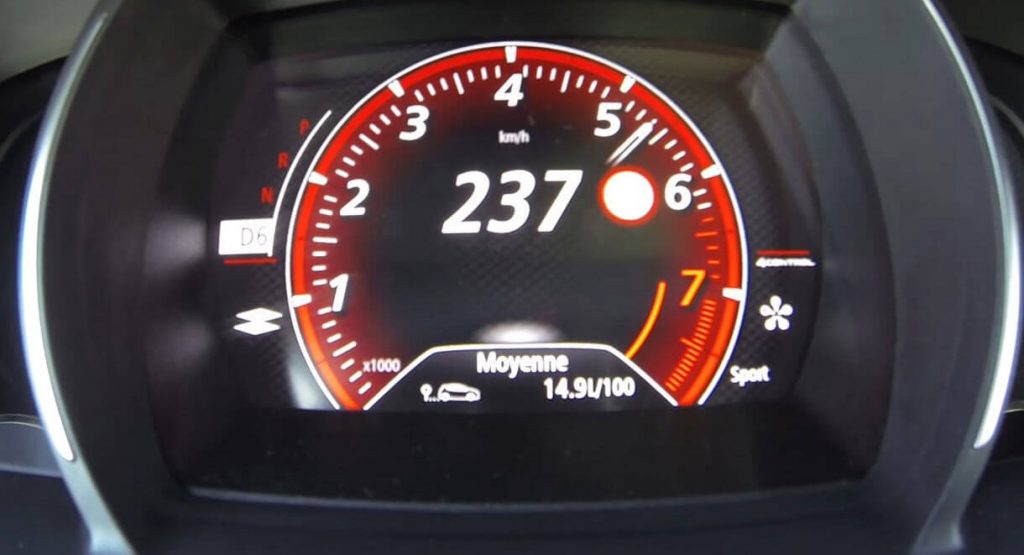The recently announced 2035 ban on combustion engines means European drivers have less than 15 years to buy the new gasoline-powered performance car of their dreams. But thanks to a second bit of legislation that comes into force this year, they’ve got even less time to enjoy it in the way they might want to.
From July this year all newly introduced vehicles (ie cars launched after Jul ’22) must be fitted with Intelligent Speed Assistance technology. And from July 2024, the rule applies to any new car sold in Europe, regardless of when that model was launched.
The EU has come up with four different types of anti-speeding gadgetry, from which automakers are free to pick just one, though some have opted to install multiple types. At the merely annoying end of the scale is an audible warning that will sound to alert the driver that he is traveling above the posted limit, the car recognizing that limit either by reading road signs, or by using GPS data about the road. Should a carmaker not consider that a likely enough deterrent, they can deliver a warning vibration to the driver like the one we already get from lane-departure warning systems.
Related: Porsche 911 Driver Faces Jail Time After Being Nabbed Doing 177 MPH On Spanish Highway
Where things really start to get Big Brother is with the haptic feedback systems. A basic version of this might actively push the accelerator pedal back towards you to encourage you to slow down once you’ve broached the speed limit, while the most draconian incarnation could actually remove the pedal’s ability to increase vehicle speed no matter how hard it is pressed once the limit is reached.
Fortunately for drivers concerned about the erosion of their ability to make their own decisions when behind the wheel, the technology can be switched off or overridden. If you still want to travel faster than the law wants you to, you can. And given that road sign recognition technology isn’t infallible, there’s no guarantee that the systems will work as intended 100 percent of the time.
Some drivers, including those who already use the manually-set speed limiters fitted to current cars, won’t be alarmed by the new rules, but others are already bemoaning what they see see as the driver being forced to take a back seat to technology, as we get get closer to the mass adoption of the autonomous car.
What do those of you based in Europe think of these new regulations? And would those of you in the U.S. or other territories welcome this kind of tech? Leave a comment and let us know.




